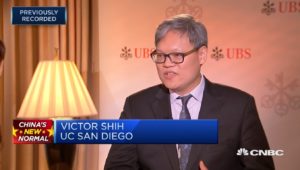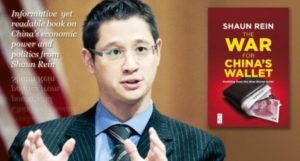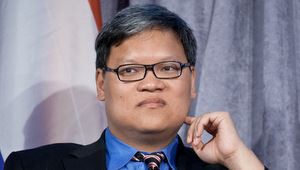 |
| Zhang Lijia |
Zhang Lijia:
When I travel around the world, people like to guess when I am from. “Hong Kong?” “The mainland,” I like to correct them, and add: “We are all Chinese.”
Ethnically, we are all Chinese. But mainlanders’ reaction to the Hong Kong protests tells me that there’s a deep divide between the two – a geopolitical one.
There’s no poll on the carefully censored topic on the mainland. From measuring the pulse on the internet and talking to friends, I sense that there’s indifference, confusion, anger, fascination, and even admiration. Overall, I would say that most are not sympathetic to the protests.
The propaganda has certainly played a role. Some have readily bought the government line that the protests are being fuelled by foreign influence – the black hands.
A lot of ordinary Chinese simply don’t understand why millions of Hongkongers would take to the street over the extradition law. “They already enjoy a lot more freedom and rights than us. What’s the fuss?” asked my brother-in-law, a small-business owner from Nanjing.
Interestingly, even some well-educated Chinese who have access to international reports don’t necessarily support the ongoing protests in Hong Kong.
Nick Shen, an English tutor based in the southern city of Zhuhai, has been following the developments from the very beginning, reading reports from both domestic and international media, partly because he can see Hong Kong from the sea front, a sling shot away from his apartment.
“These silly young people,” he said in a phone interview.
“They are wasting their time. They are going to achieve nothing, but to destroy Hong Kong’s economy and ultimately hurt the mainland itself.”
The problem is that mainlanders and Hongkongers have little understanding of each other since they come from drastically different places.More at the South China Morning Post.
Zhang Lijia is a speaker at the China Speakers Bureau. Do you need her at your meeting or conference? Do get in touch or fill in our speakers' request form.
Are you looking for more political analysts at the China Speakers Bureau? Do check out this list.
















